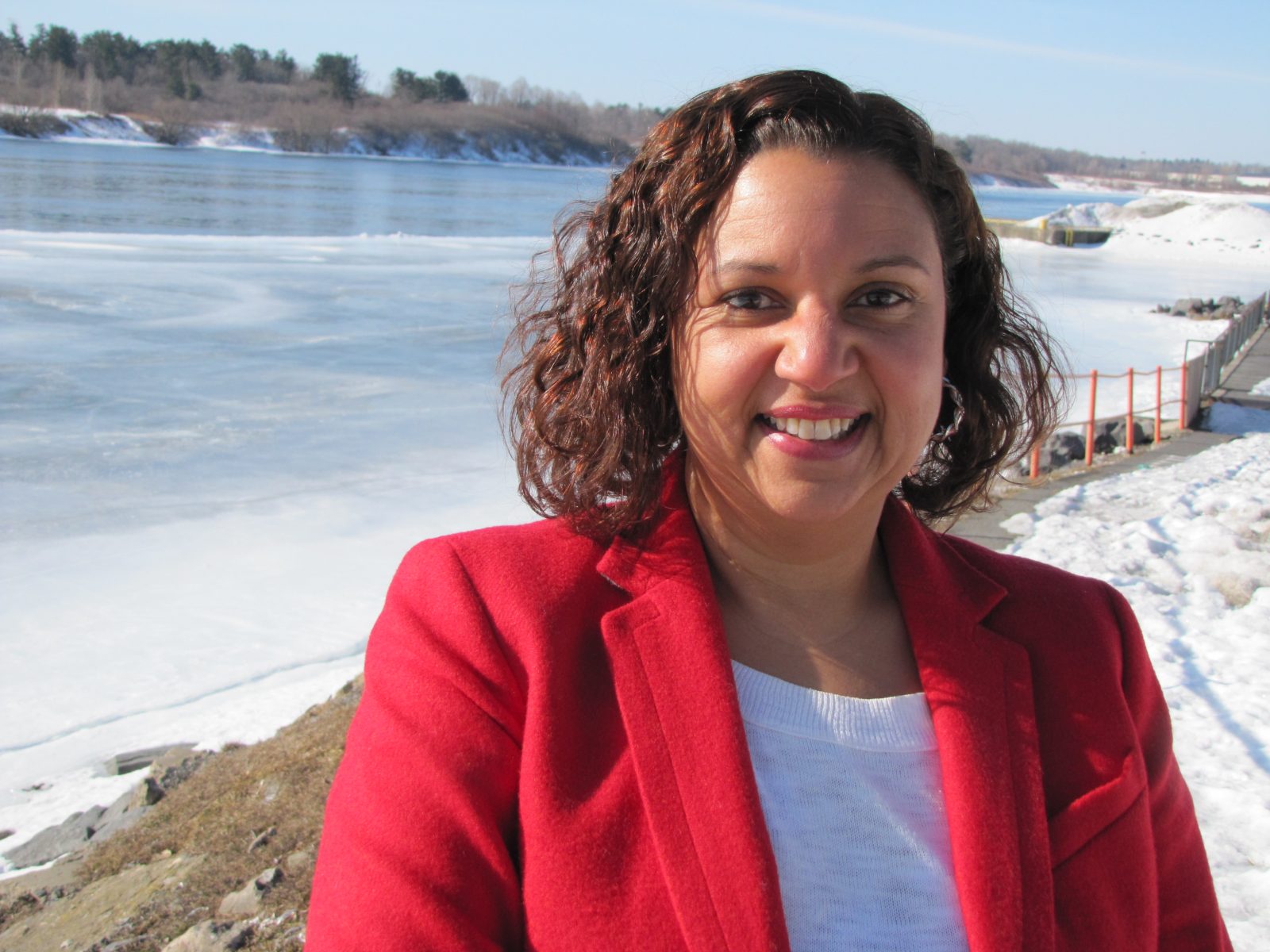CORNWALL, Ontario – It’s been just over a year since Cornwall’s Syrian Refugee Task Force was established in response to refugees expected to make Cornwall their home in early 2016. With President Trump’s recent refugee and immigration ban, there has been a renewed interest in local refugee causes, with many Cornwall residents curious about the status of the task force, and what they can do to help.
Cornwall city councillor, Bernadette Clement says that she’s recently had an outpouring of interest in the task force, which she chaired back in 2015-2016. When Cornwall’s expected refugee resettlement did not come to fruition, the task force went dormant.
“In the beginning, the idea of the task force made sense because we, as a city, had to send a message to the federal government that we would be ready,” said Clement. “Now, it’s gone beyond the capabilities of the municipal council.”
Clement says that there is a heightened level of concern among community members in response to what is happening on a global scale.
“I think that’s why people are having these conversations – they’re feeling unhappy with what they’re hearing, and they want to get involved in some way to counteract all the scary messages that we’ve been getting over the past couple months,” said Clement. “It feels to many people like it’s different than ever before.”
Clement says that community response will determine what happens next with the task force. While there’s no word of an official committee, Clement says that she would be eager to support any forthcoming efforts.
“Now, I think it’s a different focus,” said Clement. “What the community must determine is whether there are still groups out there that are waiting for families, if there’s anything they need from the municipality to support their sponsorship agreement…those are things we can consider depending on what the community wants.”
Clement encourages interested patrons to contact the federal government to determine the current options for welcoming refugee families. Initially, the task force hosted public information sessions to answer questions regarding the resettlement process. While the focus has shifted since 2015, Clement says she would be open to the possibility of supporting similar sessions.
“We haven’t really touched base with the federal government to find out what’s still going on,” said Clement. “But if people want more information sessions, the city might be able to reach out and determine what’s being offered in that respect.”
Clement says that it’s important to keep in mind that municipal government has limitations where sponsorship is concerned, leaving it primarily in the hands of individual groups with the city offering any necessary support.
Clement says she’s curious to know if there are any local groups willing to go through with the process, and if so, how the city can work to support them.
“It’s important to stay involved and not disengage because of all the negativity,” said Clement.



